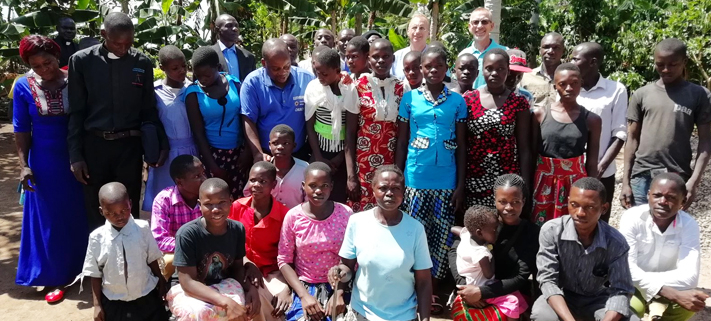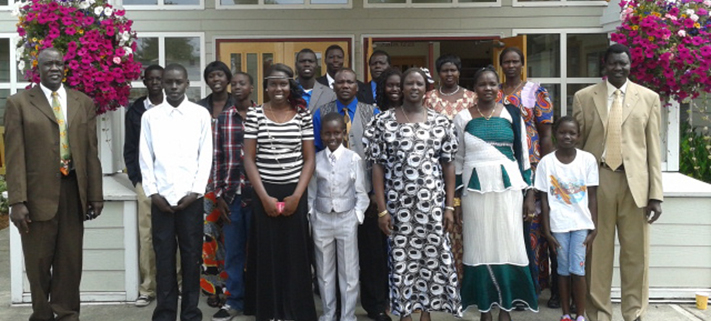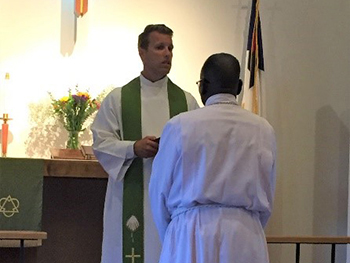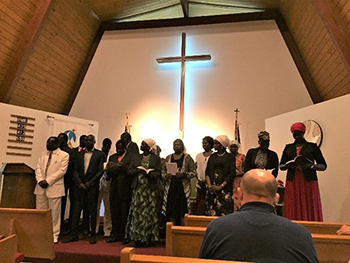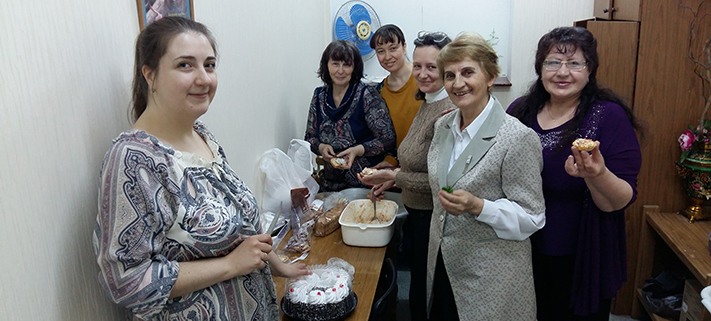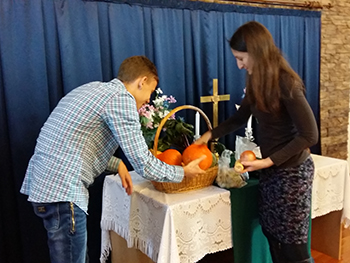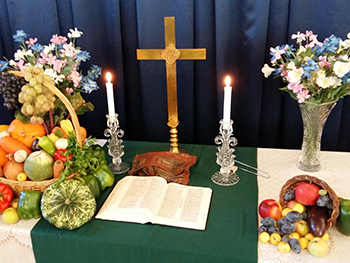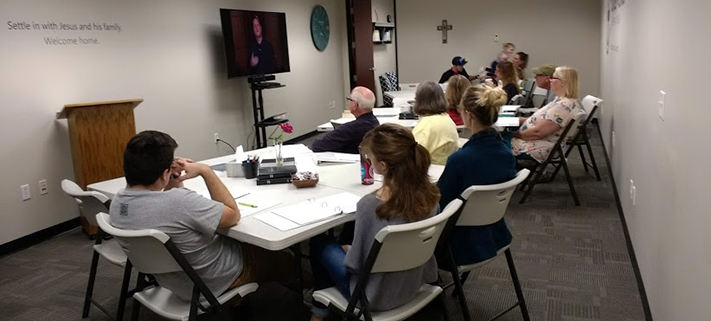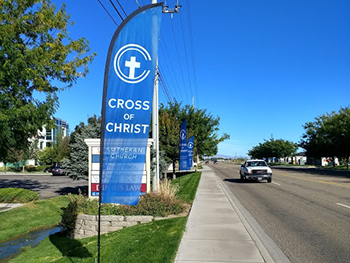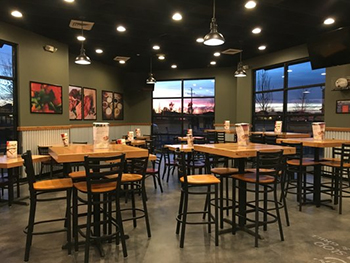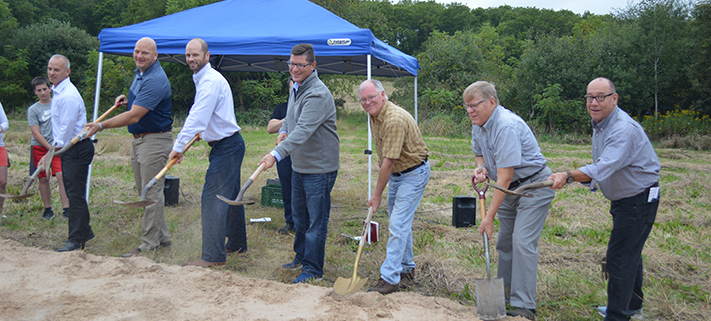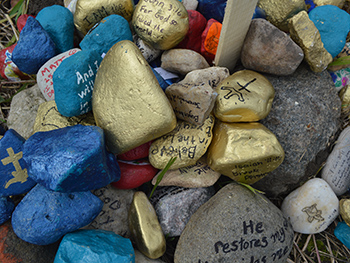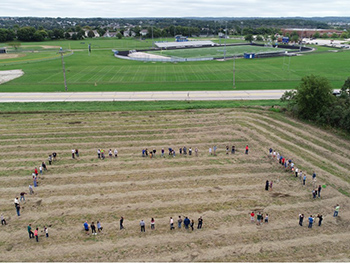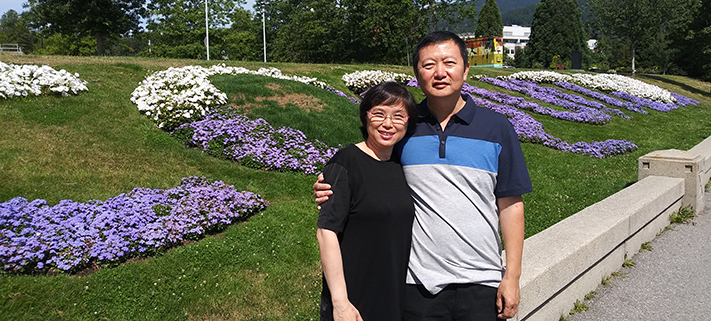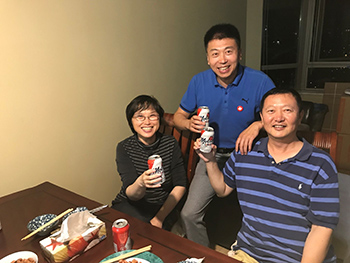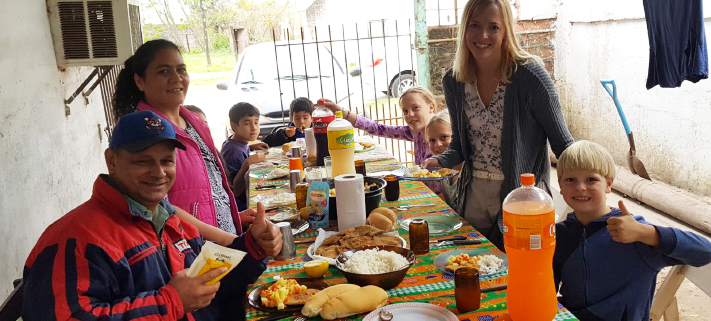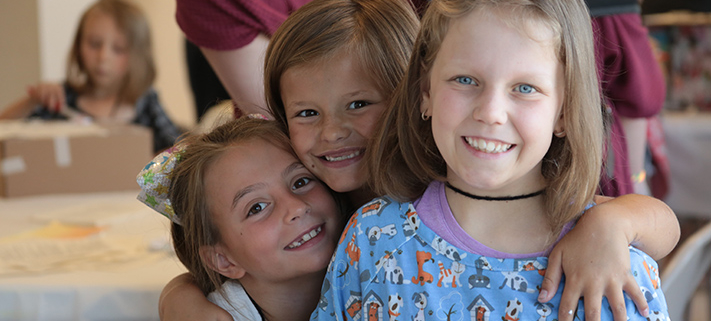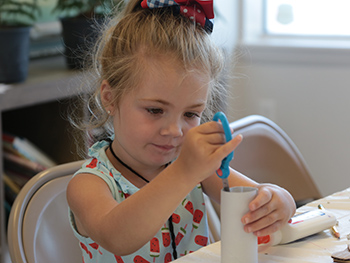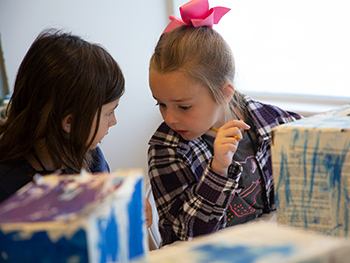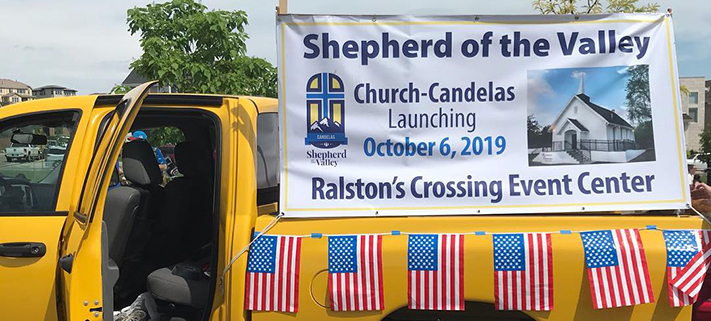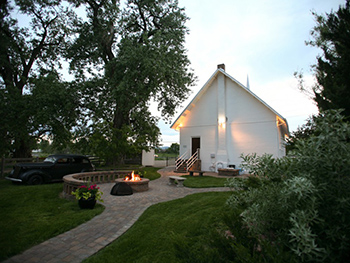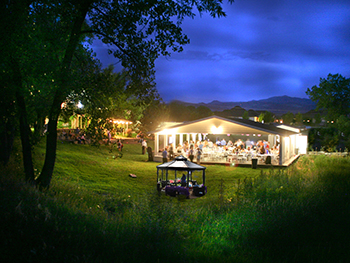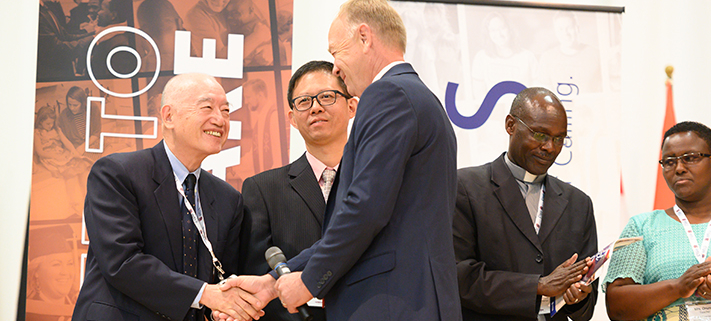Opportunities for gospel connections are flourishing across Africa. Christian groups in Uganda, Liberia, Mozambique, and more are learning about WELS and Lutheran doctrine and reaching out for fellowship. One of these church bodies, Lutheran Congregations in Ministry for Christ in Kenya, reached out to WELS and was officially welcomed into fellowship at this summer’s synod convention. More small and scattered church bodies that hold true to confessional Lutheran doctrine are working toward that same possibility.
The One Africa Team, working under WELS World Missions, assesses the teachings and validity of these groups and how WELS may help. They work closely with the Lutheran Church of Central Africa (LCCA) in Zambia and Malawi, which started as WELS world missions decades ago and are now independent church bodies, on this process.
“The One Africa Team appreciates the cultural insights that our brothers in the LCCA have,” says Missionary John Hartmann, member of the One Africa Team. “Coming from the United States, we may not so easily pick up on some nuance, or understanding, or misunderstanding, which comes naturally to them. When we are visiting new places and new groups of people, we appreciate taking a pastor from one of our established church bodies in Africa along so that we can more adequately assess the situation. To be honest, not all groups come because they want God’s Word; some are only interested in social programs and money. African Christians help see through what is being said to help assess true motives. And in teaching, they might be able to share an African story that helps illustrate a point.”
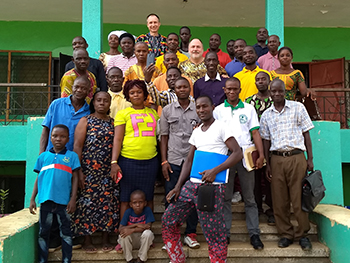
Representatives from the One Africa Team and the Pastoral Studies Institute met with leaders from the two church bodies in Liberia earlier this year to offer training and to discuss how to combine the two church bodies into one group for training in the future.
The genesis of these church bodies and their initial contact with WELS differs, but mostly they are seeking a larger organization with which to partner to share in the truth of God’s Word and to gain insight beyond the training they have access to locally.
“I am sure there are a combination of factors that God is using to build his church,” says Hartmann. “One thing is the Internet, which makes communication so much easier than ever before. More interested people know about WELS and its insistence on holding onto the Bible as God’s Word as the basis for our faith and lives. There are so many ‘Christian’ churches out there that do not offer the comfort and certainty of God’s love and forgiveness as we have in the Lutheran church. These groups [that are contacting WELS] are looking for the truth and appreciate finding and fellowshipping with a like-minded church body that holds onto something sure and stable.”
He continues, “Along with that, many of these groups are new to good biblical teaching and want training for their pastors in the firm Bible foundation that we have and have had for so many years.”
From Uganda, Pastor Makisimu Musa of the Obadiah Lutheran Church first contacted WELS via the Internet in December 2017. WELS and LCCA representatives have visited twice, following e-mail and phone correspondence. They are planning a third visit this year. Obadiah Lutheran Church comprises more than 700 baptized members, 7 pastors, and 11 churches.
Mozambique has an entirely different story. Over the years, pastors of the LCCA–Malawi and LCCA–Zambia started mission churches across the border into Mozambique. However, since the start of these missions, the Mozambique government has demanded official registration for churches, and the mission work has been suspended until registration is completed. The One Africa Team is working with the LCCA–Malawi to register as a church body in Mozambique so work can continue.
Liberia also has its own unique beginning. Two men from Liberia immigrated to the United States almost 15 years ago. Over the years they joined WELS churches and then studied under the Pastoral Studies Institute (PSI), a program of the Wisconsin Lutheran Seminary, Mequon, Wis., to become pastors serving fellow immigrants in their local areas. In time, they were summoned by their own people in Liberia to bring God’s message back home. Since then, two Lutheran church bodies have been registered in Liberia, and numerous trips have been made in the past few years for training. About 5,000 Liberian Lutherans worship in these two church bodies.
Hartmann says that the One Africa Team and LCCA leaders hope to have three face-to-face visits a year with these emerging Lutheran groups if funding is available for travel. During these visits, they present the basic teachings of the Bible found in Luther’s Catechism, which serves as the basis for fellowship discussions.
Learn more about outreach work in Africa in this month’s edition of WELS Connection and at wels.net/africa.
Working with refugees
WELS has declared fellowship with two new African church bodies in the last two years: the Lutheran Church of Ethiopia in 2017 and the Lutheran Congregations in Ministry for Christ—Kenya in 2019.
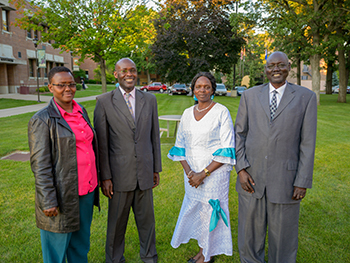
Left to right: Grace and Mark Onunda and Martha and Peter Bur
These connections are offering new opportunities to work with members of the Nuer tribe from South Sudan who live in refugee camps in Ethiopia and Kenya. Five Nuer men from Gambella, Ethiopia, are studying with Dr. Kebede at Maor Theological Seminary in Bishoftu, Ethiopia, and Pastor Mark Onunda from LCMC–Kenya is assisting with visiting and training refugees living in Kakuma, Kenya. This ministry is being coordinated with the work being done by Pastor Peter Bur, a Pastoral Studies Institute graduate who serves as the South Sudanese ministry coordinator for the Joint Mission Council.
Onunda and Bur were able to meet to talk about ministry plans at the 2019 synod convention in New Ulm this summer.
Learn more about Sudanese ministry in North America and around the world at wels.net/sudanese.
Central Africa Medical Mission update
The Central Africa Medical Mission (CAMM) has been operating a clinic in Mwembezhi, Zambia, for almost 60 years. Part of its mission is to turn much of the operations over to Zambians. CAMM recently hired Alisad Banda as clinic administrator, an important step in nationalizing the clinic.
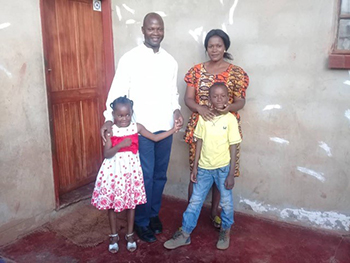
The Banda family
Banda first came to the clinic in 2005 in conjunction with work he did in health & development. He was impressed how the clinic worked so closely with the Lutheran church and enjoys knowing that Christians are showing compassion, care, charity, and integrity in a hospital and clinic setting. Both his mom and dad were Lutherans and instructed Alisad and his siblings in the teachings of the Lutheran church. Alisad lives in Lusaka with his wife, Cecilla, and their two children.
Besides the clinic in Zambia, CAMM operates a mobile clinic in Malawi. Medical services include preventive health care for children and expectant women, as well as treatment of patients with illnesses such as malaria, HIV/AIDS, parasitic infections, and tuberculosis. The clinics in Zambia and Malawi serve over 80,000 patients a year.
Learn more about CAMM at wels.net/camm.
Do you have a manuscript, idea, or story from your own life you’d like to share for use in Forward in Christ or on wels.net? Use our online form to share it to our editorial office for consideration.
Get inspirational stories, spiritual help, and synod news from Forward in Christ every month. Print and digital subscriptions are available from Northwestern Publishing House.
Author:
Volume 106, Number 11
Issue: November 2019
Copyrighted by WELS Forward in Christ © 2021
Forward in Christ grants permission for any original article (not a reprint) to be printed for use in a WELS church, school, or organization, provided that it is distributed free and indicate Forward in Christ as the source. Images may not be reproduced except in the context of its article. Contact us



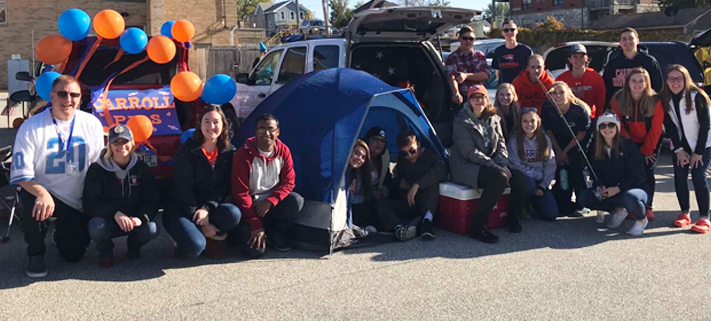
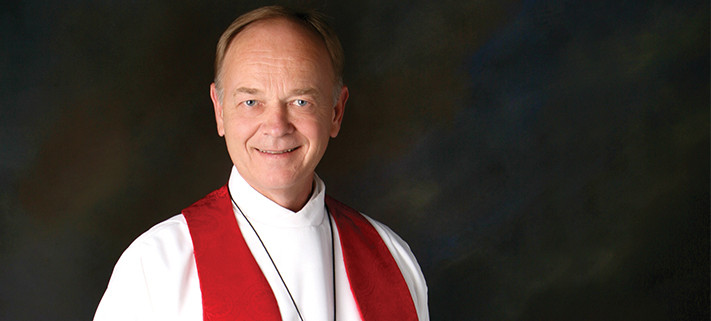
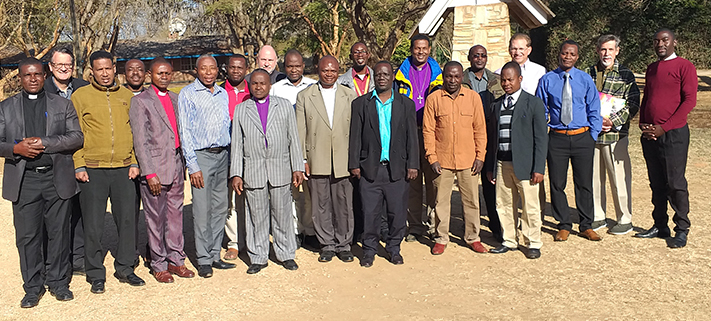
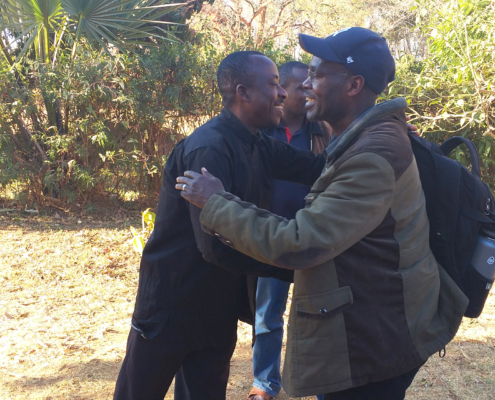
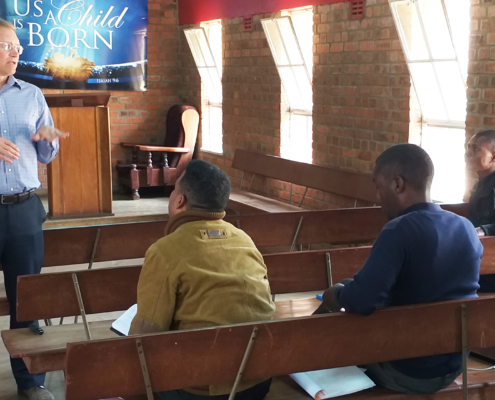
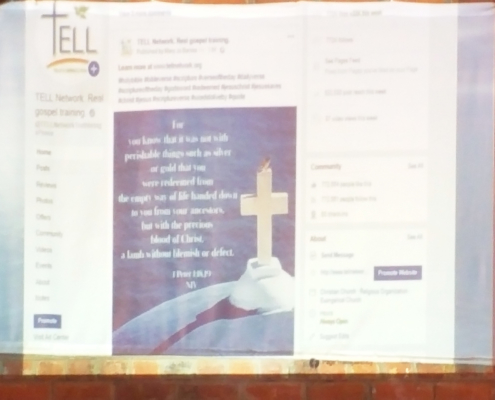
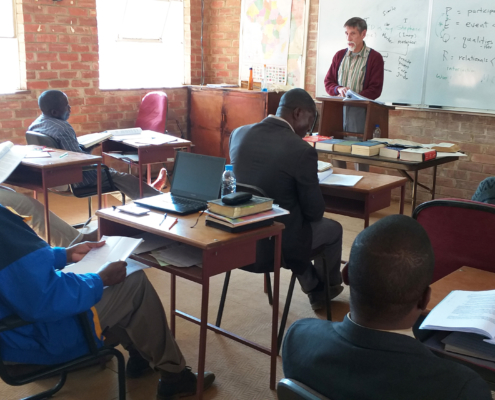
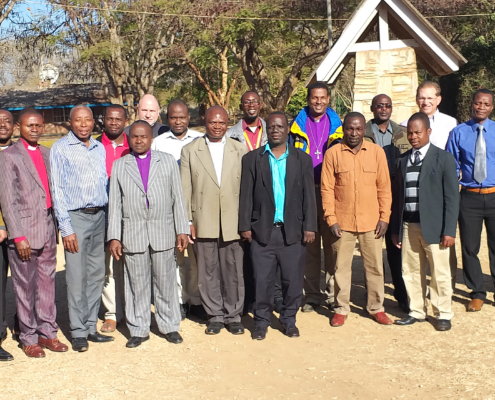

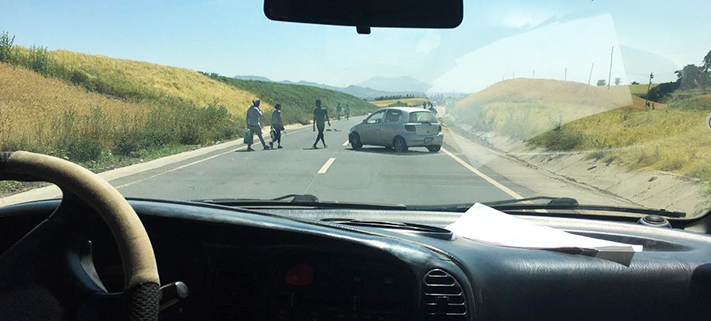
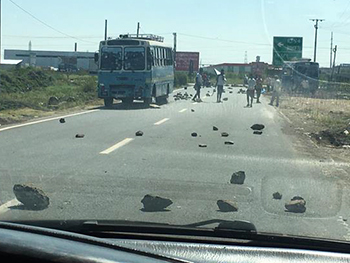 When the rioting broke out, the U.S. State Department issued a strong advisory that all U.S. citizens should return, if possible, to Ethiopia’s capital, Addis Ababa, by air travel or take shelter immediately. After some rather close encounters with armed mobs, World Missions Administrator Larry Schlomer and Professor Emeritus Forrest Bivens, who were already in Ethiopia for the planned events, were able to follow WELS Risk Management’s plans and make their way safely out of the country. WELS President Mark Schroeder, who arrived in Ethiopia just as the rioting began, was also able to return safely to the United States. All representatives from other African countries and WELS missionaries were also able to depart safely.
When the rioting broke out, the U.S. State Department issued a strong advisory that all U.S. citizens should return, if possible, to Ethiopia’s capital, Addis Ababa, by air travel or take shelter immediately. After some rather close encounters with armed mobs, World Missions Administrator Larry Schlomer and Professor Emeritus Forrest Bivens, who were already in Ethiopia for the planned events, were able to follow WELS Risk Management’s plans and make their way safely out of the country. WELS President Mark Schroeder, who arrived in Ethiopia just as the rioting began, was also able to return safely to the United States. All representatives from other African countries and WELS missionaries were also able to depart safely.